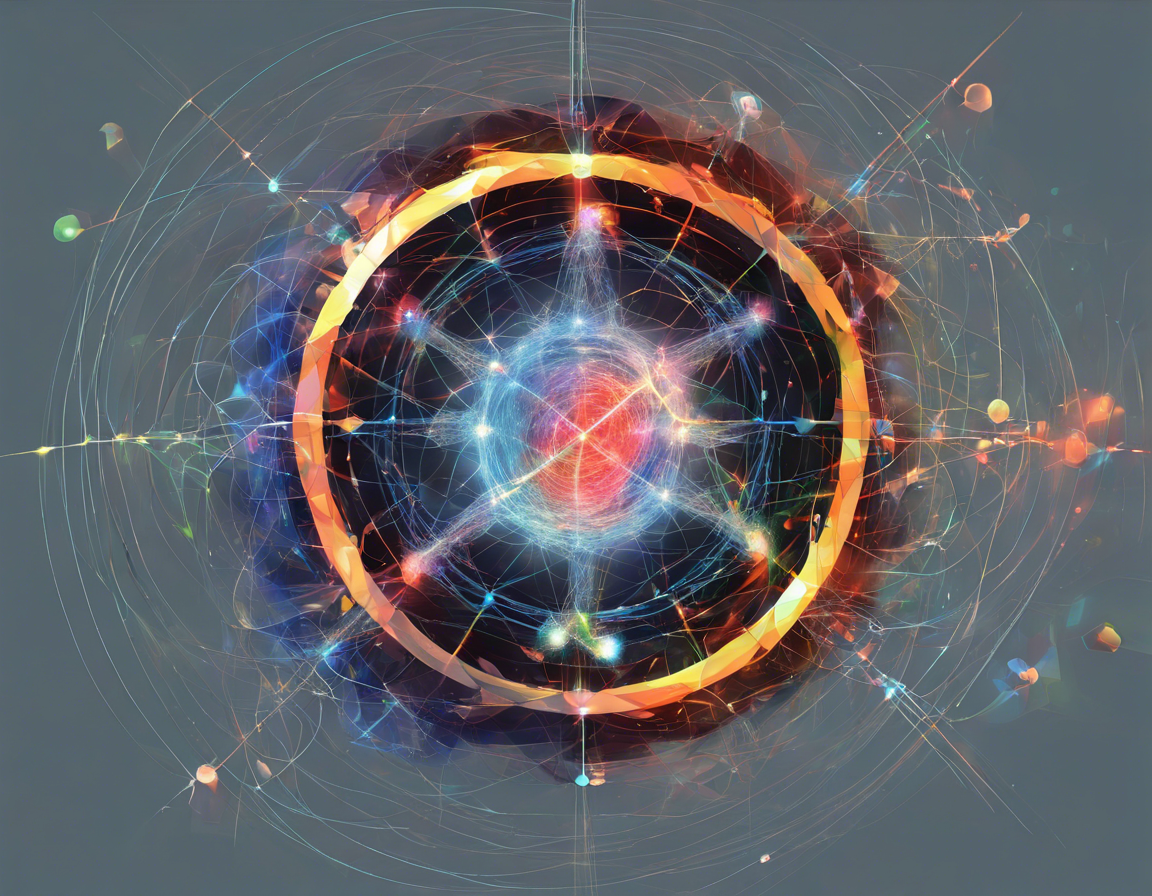In the realm of particle physics, the God Particle, also known as the Higgs boson, is a fundamental piece in the puzzle of understanding the universe. The discovery of this elusive particle has been a cornerstone in the field of physics, shedding light on the mechanism through which particles acquire mass. At the heart of this story is the renowned physicist Peter Higgs, whose work laid the groundwork for the eventual detection of the Higgs boson.
The Quest for the God Particle
The search for the Higgs boson dates back to the 1960s when Peter Higgs, along with other physicists such as François Englert and Robert Brout, proposed the existence of a mechanism that could explain how particles acquire mass. This mechanism, now known as the Higgs field, predicts the existence of a corresponding particle – the Higgs boson.
The Large Hadron Collider: Unraveling the Mystery
After decades of theoretical work, the most significant experimental effort to detect the Higgs boson came with the construction of the Large Hadron Collider (LHC) at CERN. The LHC, located near Geneva, Switzerland, is the world’s largest and most powerful particle accelerator, designed to collide protons at high energies in order to recreate the conditions of the early universe.
The Discovery of the Higgs Boson
In July 2012, the scientific community was abuzz with excitement as CERN announced the discovery of a new particle consistent with the properties of the long-sought Higgs boson. This groundbreaking achievement was the result of years of painstaking analysis of data collected from the collisions at the LHC.
The Significance of the Higgs Boson
The discovery of the Higgs boson was a monumental moment in the history of physics. It confirmed the existence of the Higgs field, which is crucial for our current understanding of the Standard Model – the theoretical framework that describes the fundamental particles and their interactions. The Higgs boson is unique in that it imparts mass to other particles through their interactions with the Higgs field.
FAQs about the God Particle:
1. What is the significance of the Higgs boson?
– The Higgs boson is crucial in explaining how particles acquire mass, providing a key piece in understanding the fundamental forces of the universe.
2. Why is it called the “God Particle”?
– The term “God Particle” was coined by physicist Leon Lederman in his book for the general public due to the elusive nature of the Higgs boson. However, many scientists do not prefer this term.
3. How was the Higgs boson detected?
– The Higgs boson was detected through the analysis of data from high-energy collisions at the Large Hadron Collider, where its decay products were observed.
4. What are the implications of the Higgs boson discovery?
– The discovery of the Higgs boson validates the Standard Model of particle physics and opens up new avenues for research into the fundamental nature of the universe.
5. Are there other particles yet to be discovered in the field of particle physics?
– While the Standard Model has been successful in predicting and explaining many phenomena, there are still unanswered questions, such as the nature of dark matter and dark energy, which may require the existence of new particles beyond those currently known.
In conclusion, the discovery of the Higgs boson stands as a testament to human curiosity and the relentless pursuit of knowledge. It represents a triumph of both theoretical physics and experimental science, showcasing the collaborative efforts of scientists around the world in unraveling the mysteries of the universe. Peter Higgs’ visionary work and the monumental discovery of the God Particle have forever altered our understanding of the fabric of reality.

